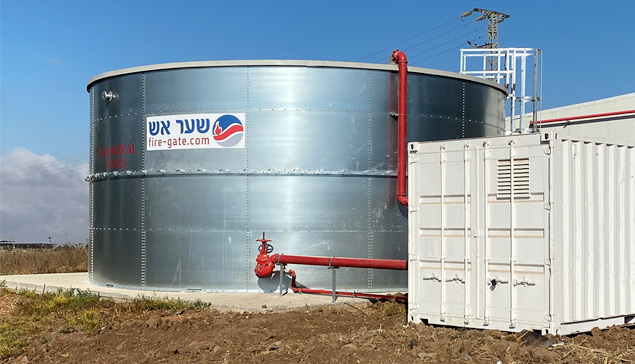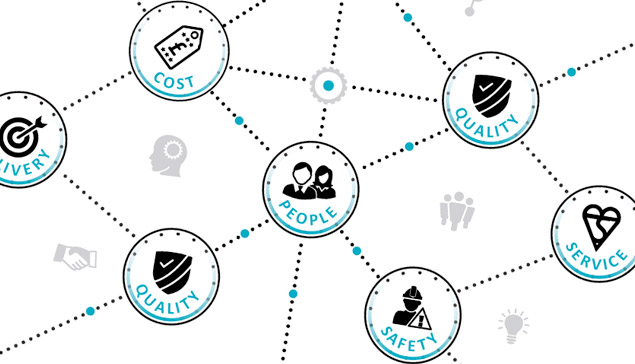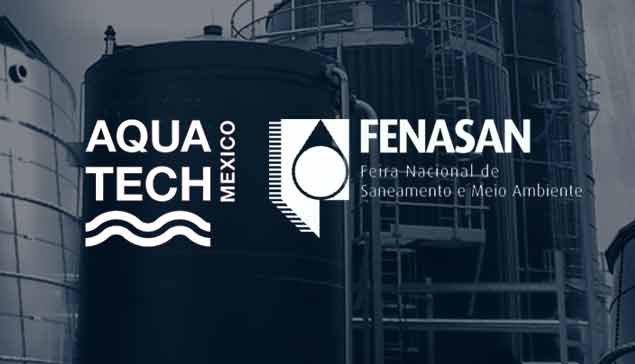
Commentary - May 2022
Why do we need aquaculture?
What is Aquaculture?
Aquaculture, otherwise known as fish farming or aquafarming, is the practice of rearing aquatic species in tanks or enclosures with the goal of harvesting them for human consumption.
It is a rapidly growing industry that is essential to meeting the world's demand for seafood. While aquaculture can be controversial, it is an important practice we can use in our efforts to conserve dwindling wild fish populations and ensure a healthy food supply for this and future generations.
Common misconceptions about aquaculture
Despite the industry’s huge growth and future potential, there are some misconceptions that drive negative attitudes towards land-based and offshore aquaculture, including:
- A belief that aquaculture is bad for the environment and farmed fish pollute water causing eutrophication. The process occurs when the marine environment becomes too enriched with nutrients, leading to algae blooms, oxygen depletion and the death of aquatic life
- The belief that farmed fish lack nutritional value for consumers
- The potential for disease transmission between farmed and wild populations
- The argument that traditional fishing can’t coexist with aquaculture
Advocates for aquaculture have refuted these types of arguments and have proposed that with the technology now available, working alongside responsible, sustainable and transparent fishing practices, the future of fishing can continue to be a collaborative one.
There is growing recognition worldwide that fish farming must be better managed and regulated to ensure its long-term sustainability and to protect consumers.
Many different organizations, at international, regional, and local levels, are working together to promote responsible aquaculture practices, improve aquacultural research, and promote knowledge sharing on these issues. Efforts are also being made to develop more environmentally friendly aquacultural practices, as well as methods for increasing food security through aquaculture.
What are the positive impacts of aquaculture?
Aquaculture has a positive impact in many ways:
- Long term food security and nutrition
- Helping to restore health balance in the oceans and restore depleted fish populations
- It helps to reduce pressure on wild fish stocks
- Supporting offshore farming industry
- Continual production of high-quality protein
- Creates livelihoods and economies for millions of people in many countries
Can the world manage without aquaculture?
The short answer is no.
Although it is a relatively new field and only really came to prominence in the last few decades, global aquaculture is purported to be the fastest growing food-producing sector.
As the world's population has grown, so too has the demand for seafood. To meet this demand sustainably, aquaculture has become increasingly important. Farmed seafood is now an important source of food for people all over the world and it is estimated that fish farms produce 50% of the world’s fish that is used for food.
In summary, aquaculture is now an established and important part of the global food system - it is essential that we manage it responsibly to ensure food security for future generations.
If we can achieve a more responsible and sustainable approach to aquaculture, it will also have a crucial role in ensuring the long-term health of our planet's water resources.







